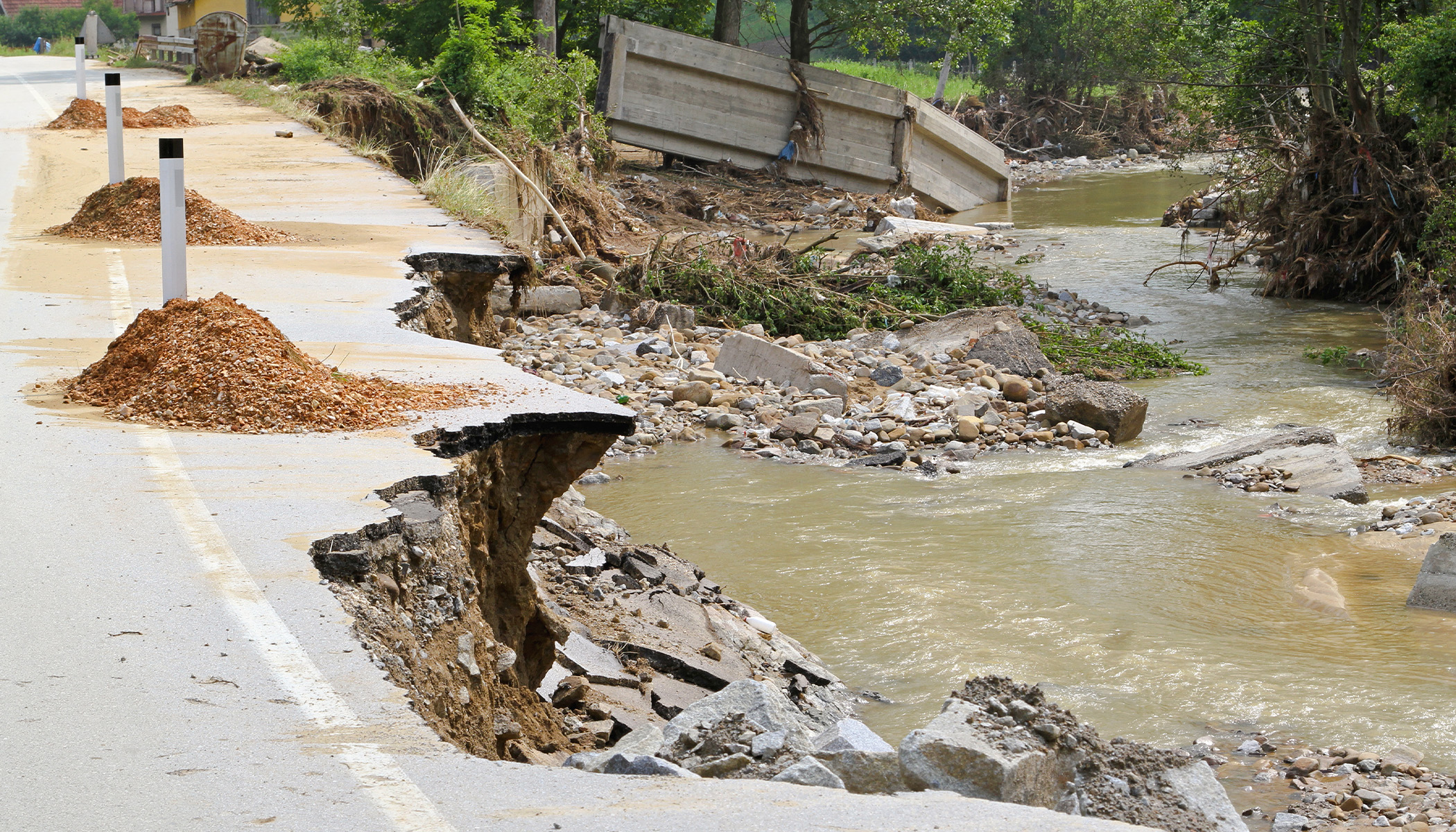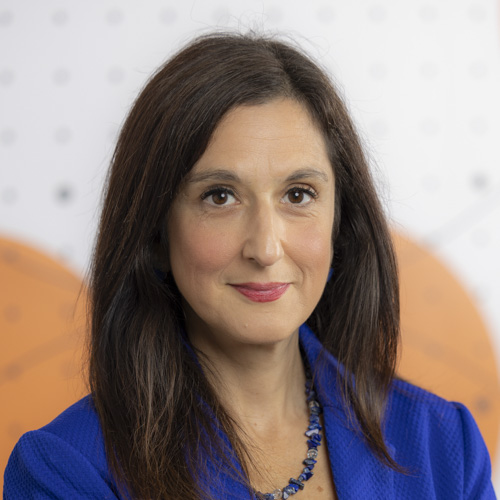Do you need help with a consultancy contract?
Academic consultancy is an important and effective way for the University to share its knowledge and expertise with government, industry and the public sector.
If you’ve been approached by an organisation and asked to be a paid consultant, we can help. It is through our Consultancy Services that University staff, researchers and postgraduate students are supported to be consultants, to provide their expertise and know-how, offer expert witness advice and serve on scientific advisory boards.
Why engage in academic consultancy?
Longer-term benefits
Peace of mind
Generate revenue
Benefit from our expertise and support
We offer support by:
- Negotiating contract terms and conditions
- Ensuring that projects are tailored to protect the confidentiality of both parties
- Assisting with contract pricing to ensure your expertise and time are appropriately valued
- Invoicing and distributing income
- Providing professional indemnity and public liability insurance policies, including travel insurance, from the University
- Arranging for the use of University facilities
- Approving the use of University affiliation
The process
1) Choose your consultancy route
2) Establish the scope of the project
3) Contact us
4) Review the contract
5) Sign the contract
6) Complete the project
7) Receive payment
What kind of work do our consultants undertake?
With the help of Consultancy Services, academics who work in science and technology, as well as those in the fields of arts, humanities and social sciences, have applied their skills and knowledge to solve problems faced by hundreds of companies, governmental groups, charities and NGOs, making a swift, direct impact on society.
Examples include:
- Technical and creative solutions to specific business problems
- Provision of expert reports on technical, economic and commercial issues
- Expert witness advice
- Serving on scientific advisory boards
- Managed access to University technical facilities
- Reviews of government strategy and policies
- Art restoration and social housing assessments
- Development of bespoke training programmes
- Provision of advice for, and appearances in, film and TV documentaries














